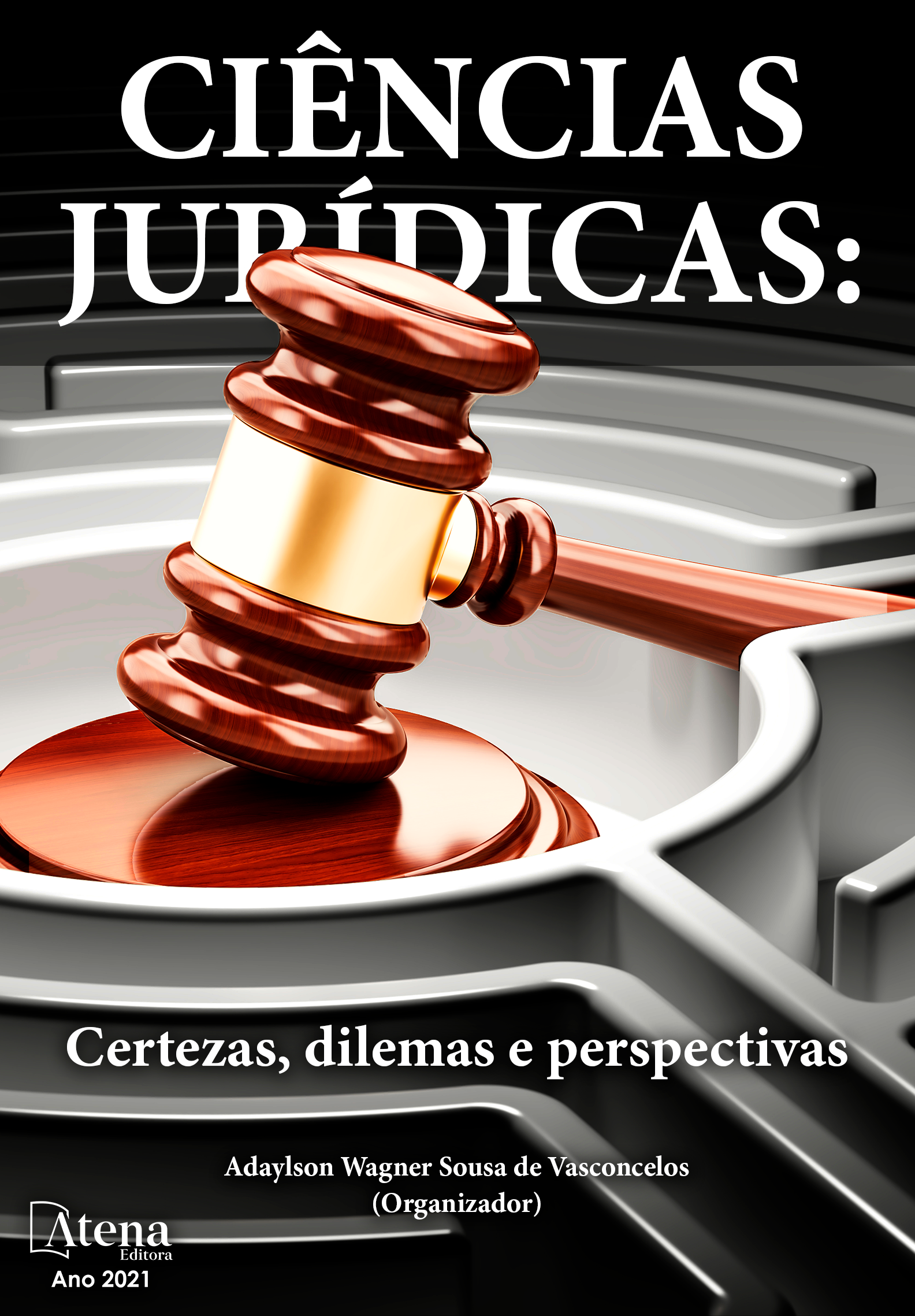
O DIREITO À IDENTIDADE GENÉTICA DIANTE DO ANONIMATO DO DOADOR DO SÊMEN NA REPRODUÇÃO HUMANA ASSISTIDA
O presente artigo é fruto da pesquisa sobre o aparente conflito de princípios no que diz respeito à reprodução assistida heteróloga: de um lado, o direito à intimidade do doador do sêmen em manter o sigilo quanto à sua identidade; de outro, o direito à identidade genética, com amparo na dignidade da pessoa humana, por parte do filho fruto deste meio reprodutivo. O estudo buscou trazer à tona possíveis soluções para a problemática em debate, e examinar os seus contornos jurídicos. Do presente estudo, constatou-se que a garantia de uma vida digna ao ser humano abarca o conhecimento de sua origem biológica, pois conhecer sua ancestralidade lhe permite compreender e construir sua identidade pessoal. Concluiu-se que, com essa garantia, não se pretende ter o reconhecimento da filiação perante o pai biológico, mas tão somente a quebra do anonimato dos dados do doador do material genético. Na pesquisa, foi utilizado o método dedutivo com revisão da doutrina, inclusive, sob uma perspectiva comparada, bem como da jurisprudência.
O DIREITO À IDENTIDADE GENÉTICA DIANTE DO ANONIMATO DO DOADOR DO SÊMEN NA REPRODUÇÃO HUMANA ASSISTIDA
-
DOI: 10.22533/at.ed.7272122113
-
Palavras-chave: Reprodução assistida. Anonimato do doador. Identidade genética. Paternidade.
-
Keywords: Assisted reproduction. Donor anonymity. Genetic identity. Paternity.
-
Abstract:
This article is the result of the research about the apparent conflict of principles with regard to heterologous assisted reproduction: on one side, the semen donor's right to privacy in maintaining confidentiality regarding his identity; on the other, the right to genetic identity, based on the dignity of the human person, on the part of the child as a result of this reproductive environment. The study sought possible solutions to the issue under discussion, and to examine its legal contours. From this study, it was found that the guarantee of a dignified life for human beings includes the knowledge of their biological origin, because knowing their ancestry allows them to understand and build their personal identity. Thus, it is concluded that, with this guarantee, it is not intended to have the recognition of the affiliation before the biological father, but only the breach of anonymity of the genetic material donor data. In this research, the deductive method with revision of the doctrine was used, including, under a comparative perspective, as well as of the jurisprudence.
-
Número de páginas: 14
- Mariana Fernandes Oliveira Varão


